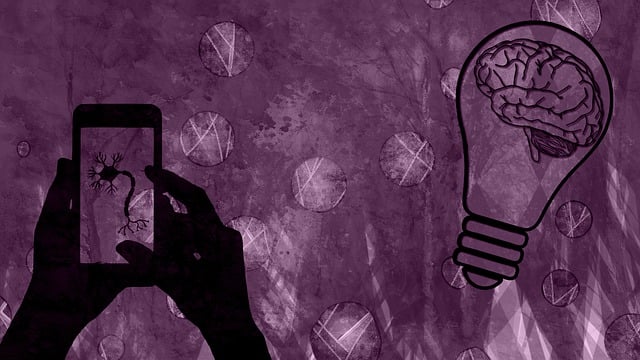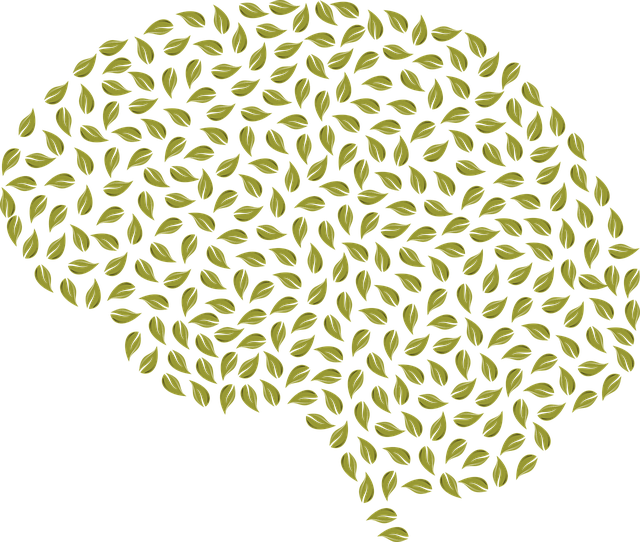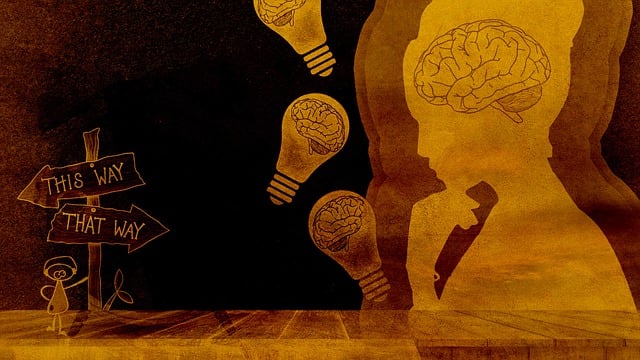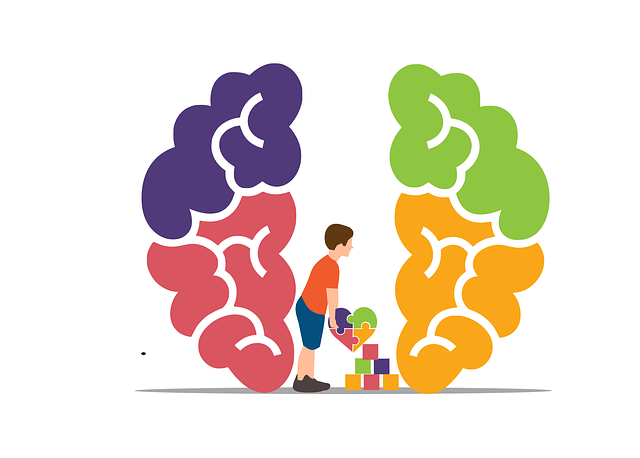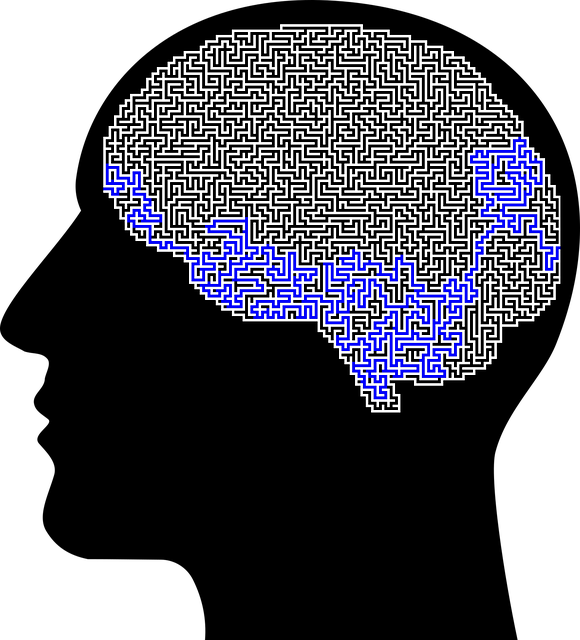Lone Tree EMDR Certified Therapy is a powerful approach to group therapy, combining Eye Movement Desensitization and Reprocessing with facilitative leadership for enhanced mental wellness. Skilled therapists balance structure and flexibility, conduct thorough risk assessments, and encourage open discussions on mental health topics to create a safe, supportive environment. This method leverages bilateral stimulation and guided memory recall to treat trauma and PTSD, fostering community, personal growth, and improved overall mental wellness. Effective facilitation techniques, including active listening, self-care practices, and inclusive space creation, strengthen group dynamics, ensuring successful outcomes for all participants.
Mental wellness group facilitation plays a pivotal role in fostering collective support and personal growth. This article explores various techniques designed to optimize group therapy sessions, focusing on the unique benefits of Lone Tree EMDR Certified Therapy as a powerful tool. We delve into understanding mental wellness dynamics, effective facilitation methods, and creating safe, inclusive environments. By examining these aspects, therapists can enhance group interactions, leading to profound therapeutic outcomes.
- Understanding Mental Wellness Group Dynamics
- Lone Tree EMDR Certified Therapy: A Powerful Tool
- Effective Facilitation Techniques for Optimal Group Support
- Creating a Safe and Inclusive Environment in Group Therapy Sessions
Understanding Mental Wellness Group Dynamics

Understanding Mental Wellness Group Dynamics is a cornerstone for effective facilitation, especially for Lone Tree EMDR Certified Therapists. Group therapy offers a unique and powerful environment where individuals can share experiences, gain insights, and support one another in a way that may be more challenging in individual therapy sessions. The dynamics within these groups are complex; members bring their own unique backgrounds, struggles, and personalities, creating an intricate web of interactions. Facilitators must navigate this landscape, fostering an atmosphere of safety, trust, and mutual respect to encourage open communication and personal growth.
Effective group facilitation involves a delicate balance between structure and flexibility, with a focus on active listening and adaptive leadership. A thorough Risk Assessment for Mental Health Professionals is crucial to identify potential issues before they arise, while implementing robust Risk Management Planning ensures that professionals are prepared to handle any challenges that may impact the group’s well-being. Moreover, facilitating open discussions about mental health conditions, such as depression prevention strategies, can empower members and enhance their overall therapeutic experience.
Lone Tree EMDR Certified Therapy: A Powerful Tool

Lone Tree EMDR Certified Therapy emerges as a powerful tool in facilitating mental wellness groups. This therapeutic approach, rooted in Eye Movement Desensitization and Reprocessing (EMDR), has been extensively studied for its effectiveness in treating trauma and post-traumatic stress disorder (PTSD). By combining bilateral stimulation with guided memory recall, Lone Tree EMDR Certified Therapists help clients process distressing memories and emotions, leading to significant improvements in mental wellness.
The integration of Lone Tree EMDR Certified Therapy within group settings offers unique benefits. Group dynamics facilitate a sense of community and shared experience, enhancing the therapeutic effect. Moreover, public awareness campaigns development and risk assessment for mental health professionals can further ensure that more individuals access this powerful tool. This approach not only fosters individual healing but also contributes to broader mental wellness in communities, making it an invaluable asset in the arsenal of group facilitation techniques.
Effective Facilitation Techniques for Optimal Group Support

Effective facilitation techniques are pivotal for creating a supportive environment within mental wellness groups. Lone Tree EMDR Certified Therapy emphasizes structured yet flexible frameworks that cater to diverse participant needs. A skilled facilitator begins with a thorough Risk Assessment for Mental Health Professionals to gauge individual and group dynamics, ensuring safety and comfort. They employ active listening skills, encouraging open dialogue and fostering trust.
Through techniques like reflective questioning and experiential exercises, facilitators help members process emotions, gain insights, and build coping strategies. Incorporating self-care practices within the group setting is another powerful tool. By modeling healthy behaviors and integrating anxiety relief techniques, facilitators contribute to a holistic healing environment. These methods not only support individual growth but also create a cohesive group dynamic, enhancing overall mental wellness.
Creating a Safe and Inclusive Environment in Group Therapy Sessions

In Lone Tree EMDR Certified Therapy sessions, fostering a safe and inclusive environment is paramount for effective group facilitation. This begins with establishing clear boundaries and expectations from the outset, ensuring every participant feels heard and respected. Group members should be encouraged to share their experiences and perspectives openly, while also being mindful of individual differences and privacy concerns. Techniques like Self-Awareness Exercises can help individuals gain insights into their thoughts and feelings, fostering a sense of belonging within the group dynamic.
Creating an inclusive space involves promoting active participation without judgment. Group facilitators should model positive behaviors such as active listening, empathy, and non-verbal cues that convey acceptance. By creating a supportive atmosphere, participants are more likely to engage in meaningful discussions, share personal challenges, and collaborate on solutions for Burnout Prevention and effective Conflict Resolution Techniques. This collective approach not only enhances mental wellness but also strengthens the bond among group members.
Mental wellness group facilitation plays a pivotal role in creating supportive environments that foster healing and growth. By understanding group dynamics, incorporating effective techniques like Lone Tree EMDR Certified Therapy, and prioritizing safety and inclusivity, facilitators can optimize the therapeutic experience for all participants. These strategies not only enhance individual mental wellness but also contribute to building stronger, more resilient communities.


